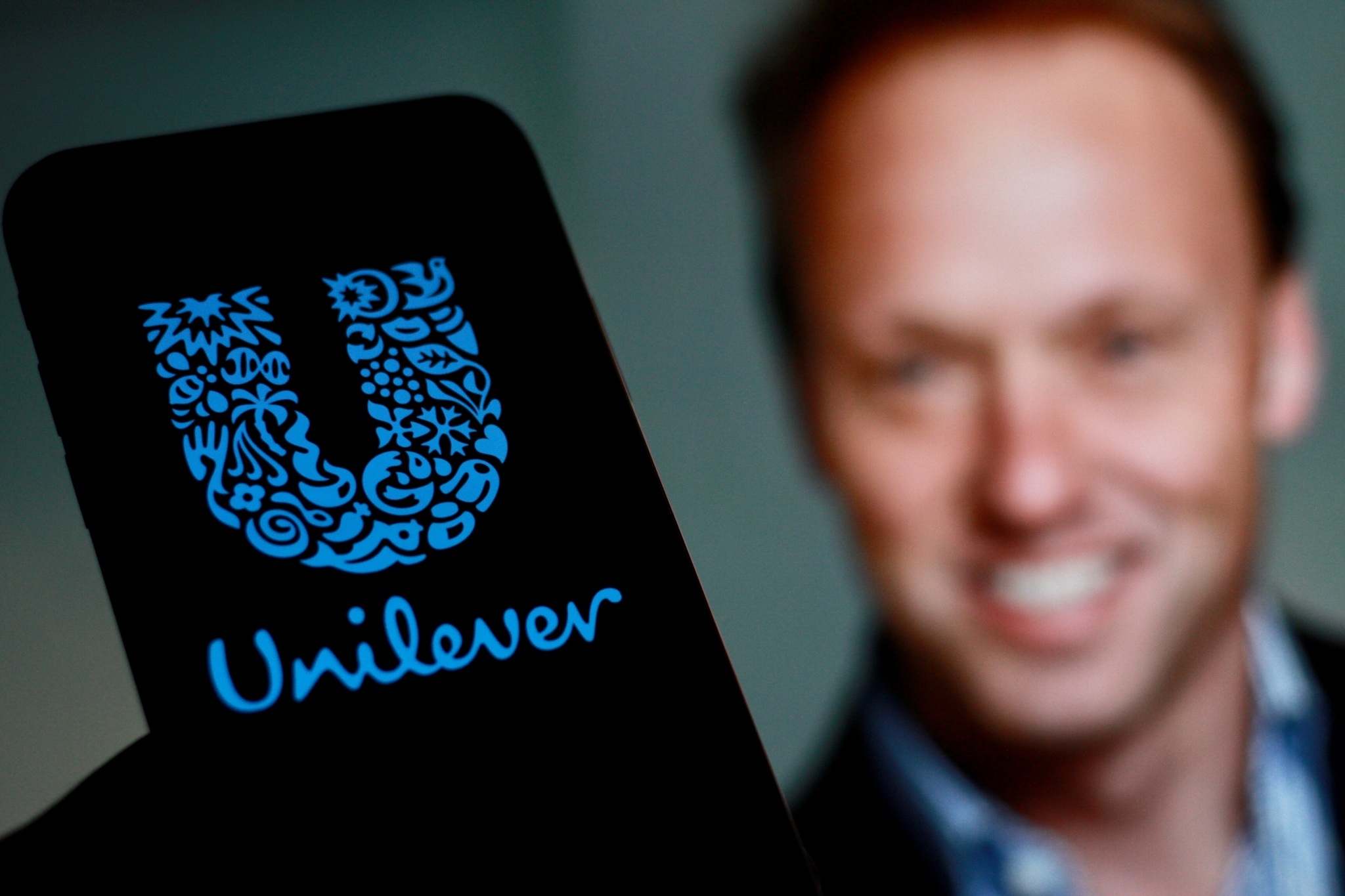
Introduction:
In the dynamic world of consumer goods, where market conditions can be as unpredictable as consumer tastes, Unilever stands out as a beacon of resilience and adaptability. The first quarter of the fiscal year has seen the Anglo-Dutch multinational not just weathering the storm but thriving amidst challenges. With a strategic focus on its core strengths and a commitment to innovation, Unilever has surpassed market expectations, setting a robust foundation for sustained growth.
Surpassing Expectations:
Unilever’s first-quarter turnover of 15.0 billion euros ($16.05 billion) has not only exceeded analyst projections but also underscored the company’s ability to navigate through turbulent economic waters. This performance reflects Unilever’s agility in responding to changing market dynamics and its unwavering dedication to delivering value to shareholders.
Driving Growth Through Volumes:
A cornerstone of Unilever’s success in the first quarter has been its impressive volume growth, which has outpaced market forecasts by a significant margin. The 2.2% increase in volumes speaks volumes about Unilever’s ability to resonate with consumers and meet their evolving needs, even in an environment fraught with inflationary pressures and economic uncertainty.
The Power of Brands:
Unilever’s portfolio of power brands, including household names like Dove, Knorr, Rexona, and Sunsilk, has been instrumental in driving the company’s growth trajectory. These brands, with their strong equity and widespread consumer appeal, have experienced a remarkable 6.1% increase in volumes, underscoring their resilience and relevance in today’s market landscape.
Navigating Market Challenges:
Unilever’s performance in the first quarter signals a strategic pivot, marking a departure from the stagnation witnessed in previous quarters. The company’s ability to navigate through inflationary pressures and pricing challenges underscores its agility and resilience in adapting to market dynamics while staying true to its core values of quality and affordability.

Strategic Initiatives:
In a bold strategic move aimed at unlocking shareholder value and enhancing operational efficiency, Unilever announced its decision to separate its ice-cream division into a standalone entity. This decision reflects Unilever’s proactive approach to portfolio management and its commitment to optimizing resource allocation to drive long-term growth and profitability.
Restructuring for Growth:
Unilever’s restructuring program, targeted at achieving cost savings of EUR800 million over the next three years, is a testament to the company’s commitment to operational excellence and efficiency. While the initiative may result in job displacements, it is essential for Unilever to streamline its operations and reallocate resources to areas with higher growth potential, thereby ensuring sustainable value creation for shareholders.
Leadership Perspective:
Hein Schumacher, Unilever’s Chief Executive, has been at the helm of the company’s transformation journey, steering it towards a future marked by innovation and sustainable growth. Under his leadership, Unilever remains committed to delivering higher-quality growth, simplifying its business operations, and fostering a culture of performance excellence that drives long-term shareholder value.
Investor Sentiment and Share Performance:
Investor sentiment towards Unilever remains buoyant, as evidenced by the positive market response to the company’s first-quarter performance. With shares up 4% at 4,018.0 pence and a year-to-date increase of 5.7%, Unilever continues to be a preferred investment choice in the consumer goods sector, owing to its strong fundamentals and resilient business model.
Looking Ahead:
As Unilever charts its course for the future, the company remains focused on leveraging its core strengths, embracing innovation, and adapting to evolving consumer trends. With a robust portfolio of brands, a strategic focus on growth initiatives, and a commitment to sustainability, Unilever is well-positioned to capitalize on emerging opportunities and navigate potential challenges, reaffirming its position as a global leader in the fast-moving consumer goods industry.










